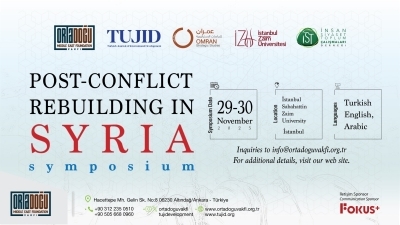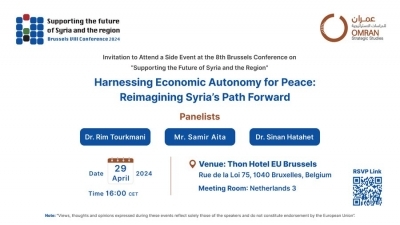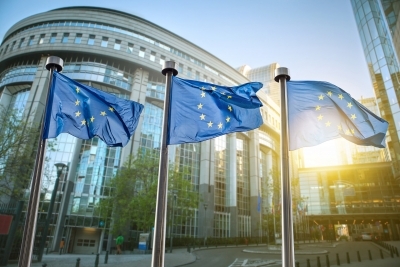Articles
An Assessment of Civil-Military Relations in Syria
- Introduction
The majority of literature discussing civil-military relationship highlight that armed forces must follow a democratic civilian leadership. To achieve such a relationship, a state must undergo a complicated process to meet the necessary requirements, including a comprehensive legislative reform, a change in the entire security sector, the inclusion of transitional justice, establishing democratic institutions, and instilling democratic values. Civil-military relations are the most sensitive and vital aspect of the democratic transformation process, as failure to address the complex relationship may result in a relapse to the pre-democratic authoritarian status. An essential component to establishing democratic transportation, civil-military relations is a key element affecting internally displaces persons (IDPs) and refugee return, as well as their engagement in political, social, and economical life.
The necessity to secure a safe environment for dignified and voluntary return is intertwined with promoting civil-military relations. Such an environment does not currently exist across Syria’s geography, as various actors struggle to attain more power. The absence of a future plan that entails a “new political era,” and the “cautious freeze” on the ground, has resulted in a multitude of governance models backed by the various international and regional powers. This paper seeks to delve into civil-military relations throughout Syria’s geography, which consists of numerous governance models, to assess the impact of those relations on a refugee and IDP return. The ultimate research question addressed; to what extent do civil-military relations affect refugee and IDP decision to return?
Although the study sheds light on civil-military relations in all areas of control, there is a particular focus on regime-held areas. Regime-controlled areas provide identifiable features concerning civil-military relations, as the regime has control over the state in legal and institutional terms. Additionally, the regime’s security approach will have the most impact on civil-military relations in the future, affecting more than 12 million displaced Syrians decision to return. The paper also sheds some light on such parameters in areas outside regime control as fragile stability in others zones also hinders the formation of a safe environment conducive of a voluntary and safe return.
For More Click Here:https://bit.ly/2WjwWHv



